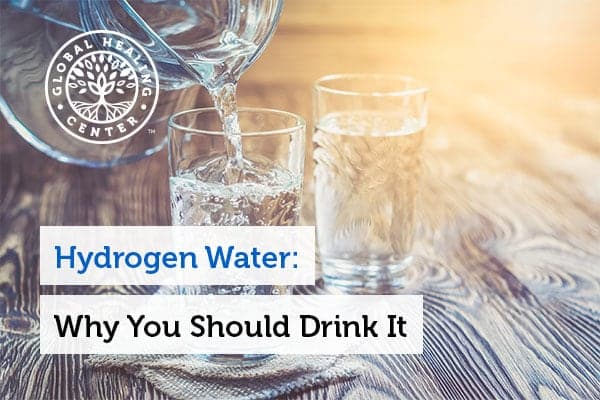How Long Does Hydrogenated Water Stay Hydrogenated
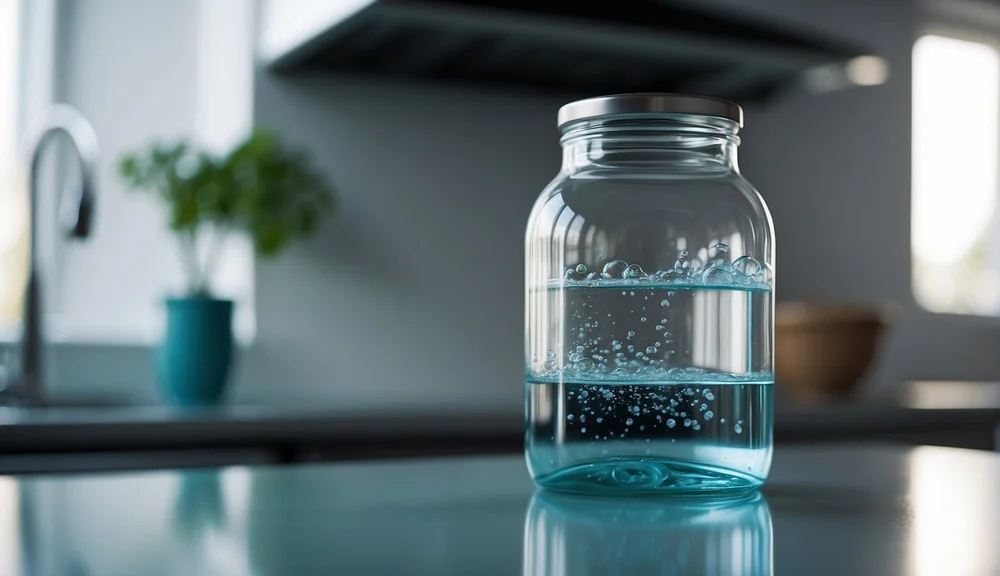
Hydrogenated water, touted for its potential health benefits, faces a critical challenge: its dissolved hydrogen dissipates rapidly. Understanding how long hydrogenated water remains effective is paramount for consumers seeking its purported therapeutic effects.
This article delves into the factors affecting hydrogen retention in water, examining different packaging methods and providing guidance for maximizing hydrogen concentration over time. It aims to provide clarity amid conflicting claims and empower informed consumer choices regarding hydrogenated water consumption.
The Elusive Nature of Dissolved Hydrogen
The concentration of molecular hydrogen (H2) in water decreases over time. This loss is due to hydrogen's low molecular weight and high diffusivity, allowing it to easily escape the water.
Several factors influence the rate of hydrogen dissipation. These include temperature, pressure, container material, and the presence of other dissolved substances.
Container Material Matters
Permeability is a crucial factor. Containers made of materials like PET (polyethylene terephthalate) are more permeable to hydrogen than those made of glass or aluminum.
Studies have shown that PET bottles can lose a significant amount of dissolved hydrogen within hours. Aluminum cans and specially designed pouches offer better retention.
Researchers at the Molecular Hydrogen Institute, including Dr. Garth Nicolson, emphasize the importance of airtight, non-permeable containers for maintaining hydrogen concentration.
Temperature's Impact
Higher temperatures accelerate hydrogen's escape from water. Keeping hydrogenated water refrigerated can significantly slow down the dissipation process.
A study published in the Journal of Food Science found that hydrogen retention was significantly higher in refrigerated samples compared to those stored at room temperature.
Therefore, storing hydrogenated water in a cool environment is crucial for preserving its potential benefits.
Production and Packaging Methods
Different production methods influence initial hydrogen concentration. Electrolysis, magnesium reaction, and direct infusion are common techniques.
Packaging techniques also play a vital role. Some manufacturers use pressurized packaging to maintain higher hydrogen levels.
The concentration of hydrogen listed on the label is the concentration at the time of packaging. Consumers should be aware that the actual concentration at the time of consumption might be lower.
Measuring Hydrogen Retention: Scientific Data
The real retention rates of molecular hydrogen in water vary depending on packaging. An open glass of water loses nearly all of its dissolved hydrogen in a very short space of time, sometimes in less than an hour.
One study found that aluminum cans retained approximately 80% of their initial hydrogen concentration after 24 hours at room temperature.
Another study showed that specially designed pouches with a multi-layer barrier film can maintain a significant amount of hydrogen for several weeks when refrigerated.
“The best way to ensure you are consuming water with a high concentration of molecular hydrogen is to use a portable hydrogen water generator just before drinking,” states Tyler LeBaron, Executive Director of the Molecular Hydrogen Institute.
Consumer Guidelines for Maximizing Hydrogen Intake
Purchase hydrogenated water in non-permeable containers like aluminum cans or specialized pouches. Avoid PET bottles whenever possible.
Refrigerate hydrogenated water immediately after purchase and keep it refrigerated until consumption. Drink it as soon as possible after opening the container.
Consider using a portable hydrogen water generator to produce hydrogenated water on demand. This ensures the highest possible hydrogen concentration.
The Path Forward: Research and Regulation
Further research is needed to standardize methods for measuring hydrogen concentration in water. This will help ensure accurate labeling and prevent misleading claims.
Increased regulatory oversight is necessary to protect consumers. Regulations should address labeling accuracy and storage recommendations.
Ongoing studies are investigating the long-term effects of hydrogenated water consumption. These studies will provide valuable insights into its potential health benefits and risks.
The Molecular Hydrogen Institute is a key resource for staying updated on the latest research and developments in the field.


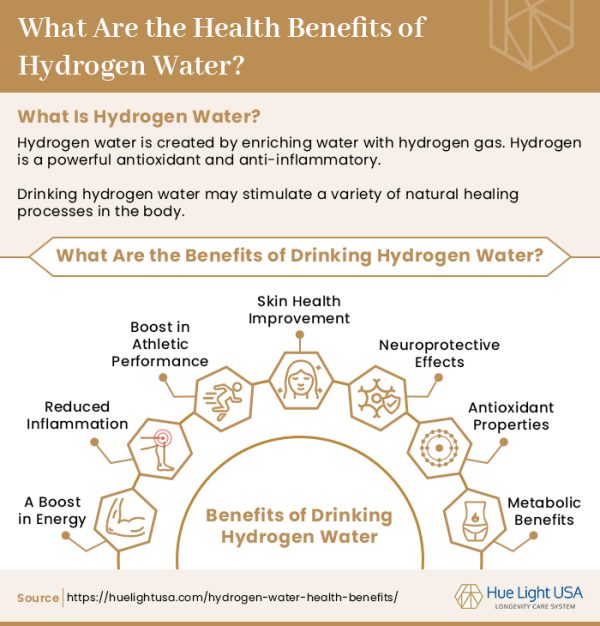
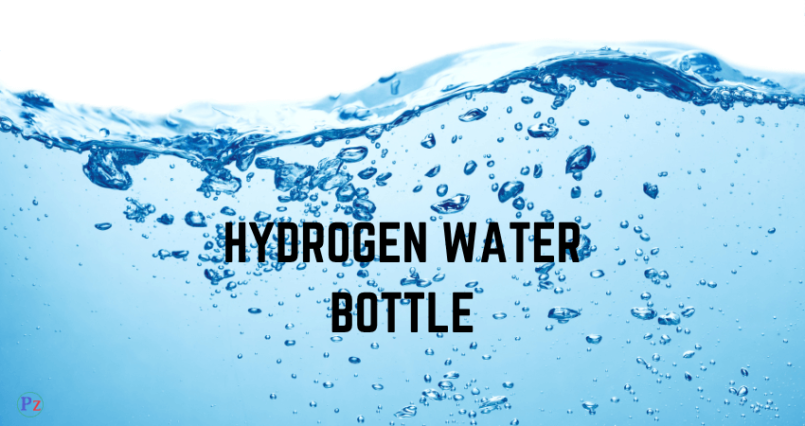
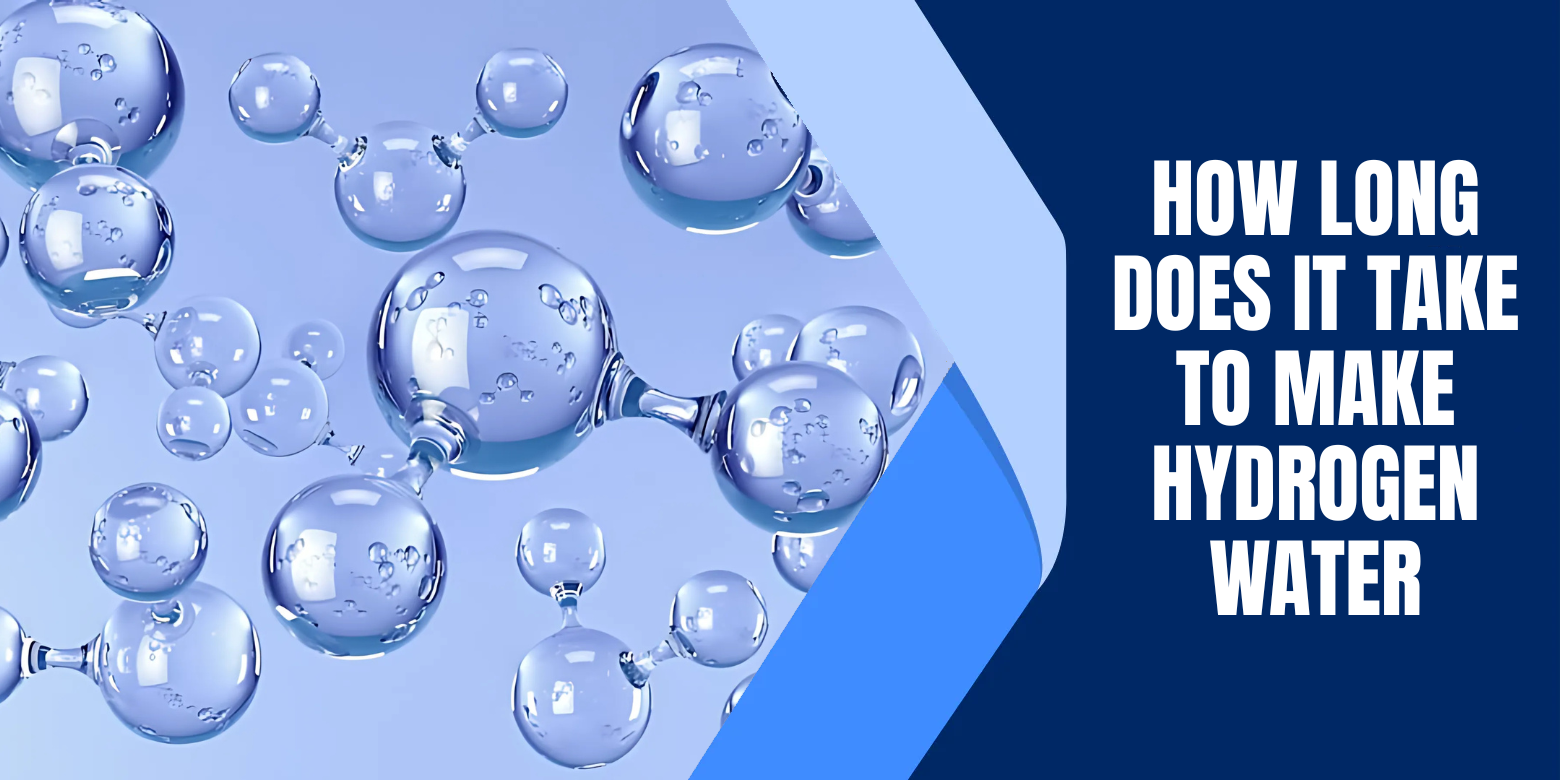



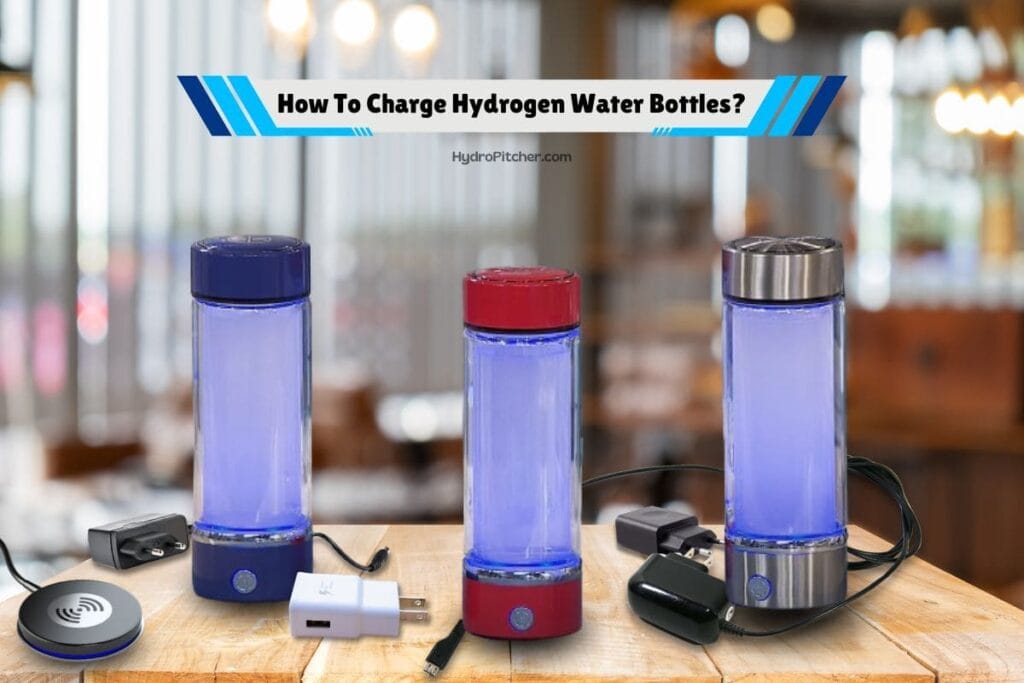

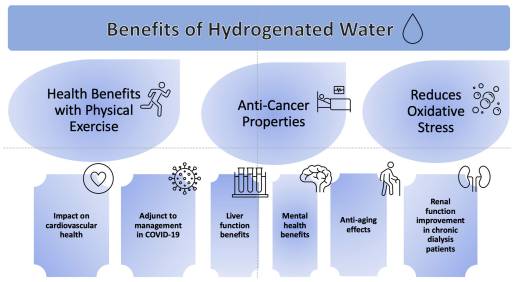





![How Long Does Hydrogenated Water Stay Hydrogenated Hydrogen Water Statistics: Market Size & Insights [Sep 2024]](https://pursueperformance.com/wp-content/uploads/2024/03/hydrogen-water-statistics.jpg)
